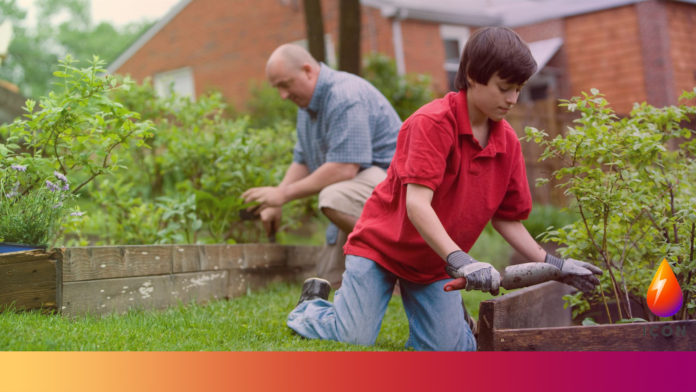
Plans to ban the use of peat in horticulture in England and Wales by the end of this Parliament have been set out by the Government in an effort to protect peatland habitats and meet net zero targets.
Peatlands are the UK’s largest carbon store and are routinely dug up in the UK for horticultural purposes, such as for growing media.
According to the government, bagged retail growing media accounts for 70% of the peat sold in the UK. When this extraction takes place, the carbon stored inside the bog is released as carbon dioxide, contributing to climate change.
Environment Minister Rebecca Pow commented on the announcement: “Our peatlands are an incredibly valuable natural resource. They play a crucial role in locking up carbon, provide habitats for wildlife and help with flood mitigation.
“The amateur gardening sector has made huge strides in reducing peat use and there are now more sustainable and good quality peat-free alternatives available than at any other time, so I am confident now is the right time to make the shift permanent.”
In a new consultation, the Government has set out measures to phase out the sale of peat and peat-containing products in the amateur sector by the end of this Parliament.
Organisations with an interest in peatland protection, horticultural businesses and associations, and those who import and export peat products, are being asked for their views on new measures to end the use of peat products in horticulture.
The 12-week consultation is also seeking views on:
- Introducing point-of-sale measures for bagged growing media, such as a point-of-sale charge for the purchase of any growing media bag containing peat; and mandatory labelling and point-of-sale material containing detail of the environmental reasons for eschewing products containing peat.
- Mandatory reporting of the volume of peat sold for all sellers of peat and peat-containing products.
- Potential exemptions, including for scientific purposes and a maximum amount of peat allowed in certain products, which will need to be strictly defined and enforced to prevent exploitation.
Sustainable alternatives to peat which are of comparable quality to peat-based products are currently available. These are often made up of peat-free materials derived from more sustainable sources, for example wood fibre and bark, green compost, wool, coir and other materials.
The ‘Ending the retail sale of peat in horticulture in England and Wales’-consultation closes on 18th March 2022.
More information about this consultation and how to take part is available on the UK Government website.